The Anti-Social Behaviour, Crime and Policing Act 2014 (opens in new window) introduced simpler, more effective powers to tackle anti-social behaviour that provide better protection for victims and communities.
Early and informal interventions
We can use early and informal interventions to help stop anti-social behaviour in many cases.
Options available to us are:
-
verbal warnings
-
written warnings
-
mediation
-
Acceptable Behaviour Contracts (ABCs)
-
parenting contracts
-
support and counselling.
Community Protection Notice
A Community Protection Notice (CPN) can be used to stop an individual, business or organisation from committing anti-social behaviour which spoils a community's way of life. It can be used to tackle a wide range of anti-social behaviour.
Public Spaces Protection Order (PSPO)
A PSPO can be used to stop an individual or group from committing anti-social behaviour in a public space, and deals with nuisance behaviour by putting conditions on the use of a specific area for instance ensuring that dog walkers keep their pets on a lead. For more details see our Public Spaces Protection Order page.
Civil Injunction
A Civil Injunction can be used to stop individuals committing anti-social behaviour. An injunction could also include a requirement for the individual to address the underlying cause of their behaviour.
Criminal Behaviour Order
A Criminal Behaviour Order can be issued by a criminal court against a person who has been convicted of an offence. It aims to tackle the most persistent anti-social individuals who are also engaged in criminal activity.
Closure power
This power allows premises to be closed which are being used or likely to be used, to commit nuisance or anti-social behaviour.
Community Trigger
If you have reported anti-social behaviour and you feel that no-one is dealing with it you can ask for the agencies involved such as the council or the police, to review your case.
You can use the Community Trigger if:
-
You have complained to us, the police and/or a registered landlord three times about separate incidents of anti-social behaviour. You must contact us within one month of the first case of anti-social behaviour
-
If you want to make an application to review your case, you must contact us within six months of the date that you made your first complaint of anti-social behaviour.
Using the Community Trigger does not replace our complaint's procedure.
Find out more about a Community Trigger.
Dispersal powers
The police can use these powers to break up groups of two or more people, where they believe their behaviour is causing a nuisance, harassment or distress. The police can move individuals out of the area and stop them from returning for up to 24 hours (unless they are resident in the area).
Community Remedy and Community Resolution
The Community Remedy gives victims of low level crime a say in how the offender is punished.
The police can use community resolution to deal with low level crime and anti-social behaviour. It encourages the perpetrator to look how their actions have affected the victim, and encourages them to repair the harm that has been done.
For more information about each of the powers outlined above, please see the Anti-Social Behaviour, Crime and Policing Act 2014 guidance notes (opens in new window).
